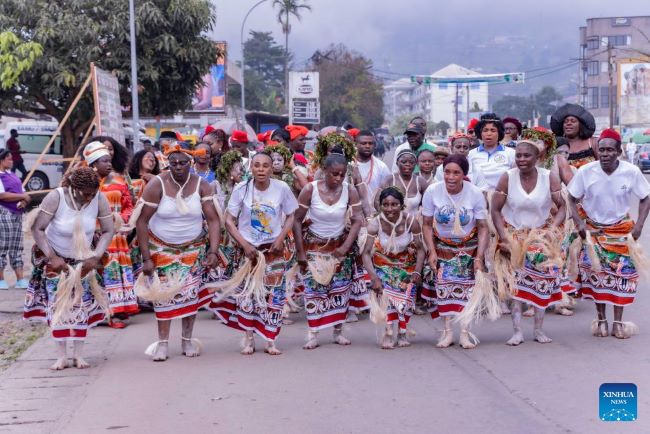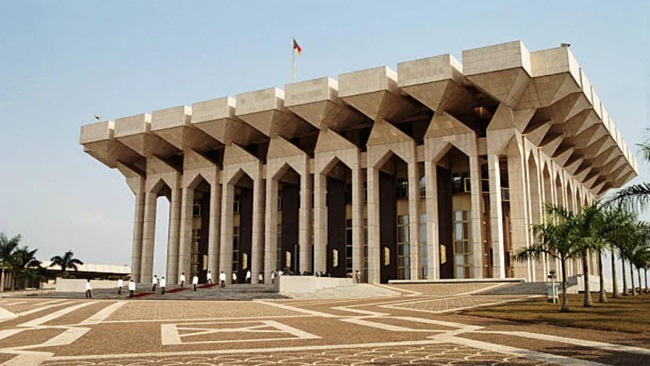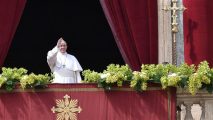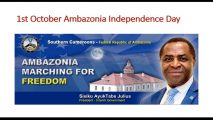7, August 2016
Former Saudi ambassador to US linked to al-Qaeda 0
Former Saudi intelligence chief and long-time Ambassador to Washington Prince Bandar bin Sultan has been linked to an al-Qaeda operative by the co-chair of a recent US probe into the 9/11 terror incidents. The recently declassified part of the 9/11 report regarding suspected Saudi ties to some of the hijackers involved in the terror events revealed that a phone log maintained by an alleged senior al-Qaeda operative, identified as Abu Zubaydah, included the unlisted phone number of a Colorado company associated with Bandar as well as the phone number of a bodyguard working at the Saudi Embassy in Washington at the time, CNN reported Friday.
The company in Aspen, Colorado used to manage Prince Bandar’s estate in the Western US state. “Both of those numbers were unpublished, so they had to have gotten into Zubaydah’s phone book through a personal contact who knew what those numbers were and what they represented,” said former Senator Bob Graham, who co-chaired the congressional commission that compiled the 28 pages of the 9/11 report that remained secret until its release last month.
Although both US intelligence agencies, the CIA and FBI, concluded that there was no evidence that anyone from the Saudi royal family knowingly provided support for the 9/11 attacks, Graham insisted that connection between Zubaydah’s contact list and the company associated with the senior Saudi official was “one of the most stunning parts of the investigation” and worthy of further investigation.
Bandar served as the Saudi ambassador to the US from 1983 to 2005, during the administrations of Ronald Reagan, George H. W. Bush, Bill Clinton and George W. Bush. He later served as secretary general of Saudi Arabia’s National Security Council and the head of the kingdom’s General Intelligence Presidency, the equivalent of the CIA, until last year.
Bandar “is probably the most effective ambassador in Washington ever. Full stop,” said former CIA analyst Bruce Riedel. “He was highly regarded by every president.” The senior Saudi official was known to have the closest relationship with George H. W. Bush, in part due to Iraq’s invasion of Kuwait in the 1990 Persian Gulf War, in which Riyadh viewed the Iraqi aggression as a threat and supported the subsequent US military action.
“Bandar was in the Bush White House, I would say, every other day and in some periods every day. It was a very, very close relationship,” Riedel added. “And I think the president and Bandar genuinely liked each other.” Saudi authorities have denied allegations on their involvement in the September 2001 incidents in which nearly 3,000 people were killed in New York, Washington, and Pennsylvania. Fifteen of the 19 hijackers involved in the 9/11 attacks were Saudi nationals.
Presstv




























7, August 2016
Fear of Anglophone Diaspora: Biya Regime’s secret reason for not accepting dual nationality 1
Many have argued that the North West/South West divide remains a Francophone political creation. It could be true. However, the people of the South West and North West Regions have fundamental political and cultural differences. But this does not mean that the political leaders of Anglophone Cameroon cannot work together for the common good of their people.
Dr. Churchill Monono Ewumbue, South West political strategist and Special Adviser to President Biya while serving as Secretary of the South West Elite Association, Yaounde Chapter suggested to the leadership of the North West Elite Association that the first step towards solving the Anglophone problem was to solve the South West minority issue.
Another prolific South West opinion leader, Mwalimu George Ngwane upheld the same opinion and even sounded a note of caution that something has to be done and done in a hurry to reunite the Anglophone elite and politicians in order for English speaking Cameroonians to be able to face the challenges of the 21st century Cameroon.
It is generally accepted that Anglophones most fundamentally great intellects are all in the Diaspora. The likes of Dr. Simon Munzu, Prof. Carlson Anyangwe, Lawrence Eyong Echaw, Chief Barrister Charles Taku, Napoleon Viban, Asonglefac Nkemleke and Eric Chinje had attempted to instill some Anglo-Saxonese into a predominantly French system but were handed something like a poisoned chalice in their various departments.
During those times of economic turmoil in Cameroon, the Anglophone parents sounded like they had a mastery of what was needed to drive our nation forward. In comparison to the often civil service job seeking Francophone parents, the English speaking parents encouraged their children to migrate to the West.
The contribution made by the Anglophone Cameroon diaspora community, sending money home and providing for the retired and the elderly abandoned by the Francophone Beti-Ewondo regime, remains the articulate and reassuring voice in the Cameroon political wilderness.
To be sure, Cameroon in the 1990s had too little for too many and only the wisdom of the Cameroon Anglophone parents guaranteed continuity and this was understandable given the unprecedented scale of the economic crisis unfolding at the time. The most enduring image of that chaotic period remains that of a beaming Finance Minister Anthoine Nstimi who in a televised press conference in Yaounde, informed Cameroonians that the “economy is booming but it is not liquid“.
Through the prism of hindsight, the great contribution made to our nation by the Anglophone diaspora such as keeping many financial institutions up and running with hard currencies from the West is largely seen by the Biya regime with suspicion. When President Biya finally sent his former acolyte, the disgraced Chief Inoni, then Prime Minister to the USA, Inoni, following CPDM directives thanked the US government for playing host to many Cameroonians and blatantly refused to say a word of thank you to the predominantly Anglophone Cameroon diaspora in the US for remittance our nation continues to receive.
With indications that the CPDM era is drawing towards a close, the greatest issue troubling the French political arithmetic is the all-powerful Anglophone diaspora. They have agreed in principle not to make dual nationality an option in our current political dispensation as this will favour Anglophone Cameroonians the most.
At the very least, the CPDM government can be accused of poor judgement or even incompetence because of the rising number of Francophone Cameroon diaspora in places like Canada, Germany, Ireland, UK and the USA and the ever increasing Anglophone population in France—making France now the biggest and strongest SCNC stronghold in the West.
President Biya is taking the last kicks of a dying horse and for him to ensure that his legacy is not unfairly tarnished by cheap CPDM political point scoring, he should move straight and push the national assembly to accept dual nationality.
By Soter Tarh Agbaw-Ebai
NB This article was first published in 2013.